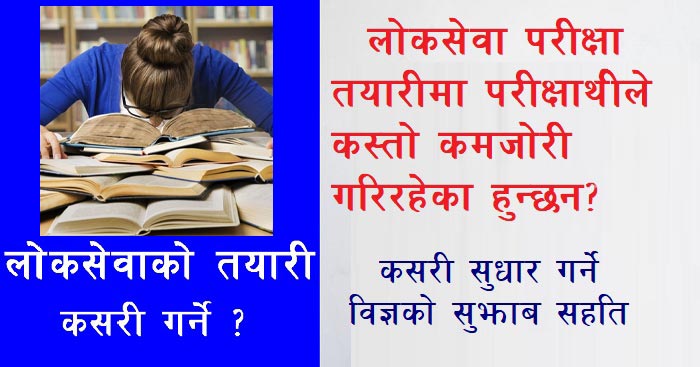
What is the difference between the quality of the student who took the public service examinations, past and present?
In the past, many staff members applied for top-level advertising, but they were not the majority choice. New Fres Applicants had more choice. However, in the last 8-10 years, good college products do not appear to serve Nepal. Most of them appear to have been to the US, Australia, Japan. So the Pharisees are not coming. A limited number of applicants are frequently found in public service. It is impossible to attract the good into self-service.
What is reflected in the writing of the examiner?
Their writings make it clear how many examiners are obsessed. Interviews make it easier to measure their quality. However, most of today's candidates feel that they do not have a high level of theoretical and practical knowledge. The examination requires a high level of knowledge of the subject. For this, a comparative study is very important. Comparative knowledge is obtained only by studying at least four or five books. However, this does not appear to be the case in the examiners. Therefore, the candidates who are successful in public service are not the 'Best'. If the person selected is not knowledgeable, skillful and conscientious, then he does not expect a high reward.
According to the new structure, new generations are coming. Can we expect anything from the new generation?
New generations are coming. However, relatively good things are not coming. We have been teaching tuition since class 1 and spent millions. But, there are abolished students fleeing abroad. Now the staff of Rashtra Bank and Staff College are good. They have made the criteria. Those who do not come to the first class will not be able to apply there. So there are the best ones to choose from. The nation's investment in education is now becoming like sand in the sand. Interviewers often get annoyed when they see them. Earlier, there was competition between those coming from 50 to 60. Now that level has dropped to 40 to 55. Whereas before 60 marks could not be given, but now there are up to 70 days.
What are the weaknesses in preparing for the Public Service Examination?
The examiner should always have a comparative study. It increases the ability to reason. However, most are now relying on one author's book. Because of this, their answers are not exhausted. They are also not well informed about the laws and regulations issued by the Government of Nepal from time to time. Even those working in auxiliary positions are found to be lacking information in the law. The special weakness is the lack of comparative study, the notes prepared by the institute of training for the preparation of the exam, only those who come to the notice. So the main weakness is the lack of studies. Due to the absence of qualified candidates in the examination, only efforts are being made to select the middle class.
If the examiner's answer is not agreed on the answer of the examiner, will the number of the examiner differ?
It is not uncommon for a low number to come up when the examiner writes his or her suggestion in the current governance system. First, the examiner's answer must be balanced. There should be no opposition when presenting an example. Naturally, no one can be 100 percent unbiased. Therefore, the examiner may be in favor, but the examiner tries to give the number as balanced as possible. Therefore, when writing an answer, the examiner should not reflect on any aspect or opposition. The logic should always be tried to balance.
How does the present situation be taken into account when preparing a question?
Previous events must be remembered. The examiner should be equally updated about the latest updates. Equal information is also required on such matters as a constitution, local level. In the Public Service Exam, the questions come in mixed form. Dealing with principles is also asked. Likewise, your opinion on it is demanded. This is a test of how logical you are. In that case, your reasoning should be strong. You should also keep in mind the incidents and laws of the last three months.


